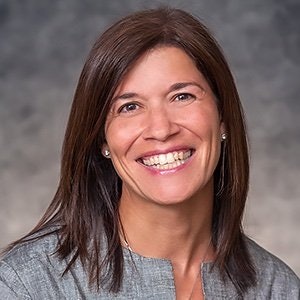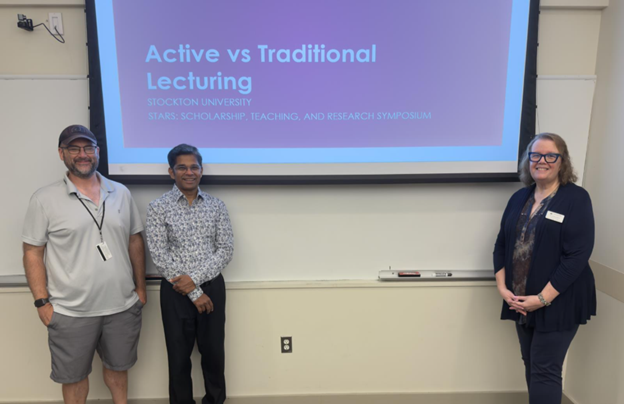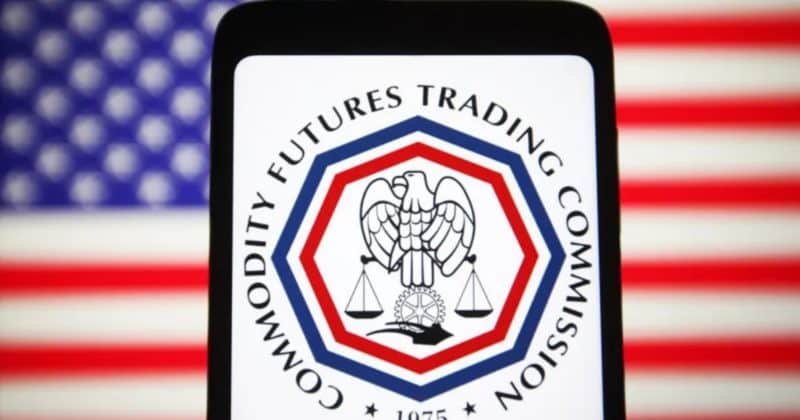Amanda Fuchs Miller On this Election Day, it is critical to think about how we as a country want to ensure that more young people vote and get involved in public service. As a democracy, we should all be striving to make it easier for new voters to register, get to the polls, and have their vote count. However, what we are seeing instead are efforts to make it harder for college students to be engaged in our electoral process – through restrictions on supports and language designed to have a chilling effect on voting instead of encouraging it.
Right before college students returned to campuses, the U.S. Department of Education issued new guidance designed to make it harder for college students to vote. Every school year, students receive an email with information about how to register to vote. This is because it is required in law. The Higher Education Act requires institutions of higher education to “make a good faith effort to distribute a mail voter registration form…to each student enrolled in a degree or certificate program and physically in attendance at the institution, and to make such forms widely available to students at the institution.”
Contrary to statute, the Trump Administration is now encouraging schools to limit who they send this information to – saying that if a school doesn’t send it to students who they have “reason to believe” are ineligible to vote, that’s okay. In addition to this being contrary to law, which requires all students to receive this information, this will increase the likelihood of students who are eligible not receiving information about how to register to vote (thus suppressing their votes) – and is likely to most impact students of color. The Department is also encouraging the voter registration information to include language reminding students of the list of ways that voting may be fraudulent – another tactic that may have a chilling effect on students going to the polls.
The same Department guidance prohibits students from being paid with federal work-study funds for any voting-related activities. A press release from the Department says that they are making a change to this longstanding policy because “Federal Work-Study is meant to provide students opportunities to gain real-world experience that prepares them to succeed in the workforce, not as a way to fund political activism on our college and university campuses.”
As we prepare our next generation of leaders to play a role in our democracy, in government, and in public service, it is hard to see how allowing students to participate in nonpartisan voting engagement is not aligned with experience they will benefit from in the workplace. By engaging in nonpartisan voter registration efforts using work-study positions, college students are able to increase the number of their peers who are registered to vote while learning and participating fully in our democratic system – all while earning the funds they are entitled to so that they can afford a college degree. It can’t go without saying that this restriction is also counter to statute and regulations which do not limit the types of on-campus work study positions to those that are in the “public interest,” as the guidance suggests. That limitation is only linked to off-campus work-study positions.
In a survey by CIRCLE following the 2024 elections about why young people didn’t register to vote, more than one in 10 – 12 percent – of people aged 18-34 said they did not know how to register or had problems with voter registration forms. Nearly a third of young people – 31 percent – said they were too busy, ran out of time, or missed the registration deadline. Without receiving voter registration information, in an objective way, from their college or university or their peers on campus, these numbers are likely to go up as more students will lack the information they need about voter registration.
Ensuring college students are able to vote shouldn’t be a partisan issue. In 2024, there were disparities by both gender and race in youth voter turnout. We all benefit from a democracy where everyone’s voice is heard and every vote is counted – for whomever the ballot is cast.
_________
Amanda Fuchs Miller is president of Seventh Street Strategies and former Deputy Assistant Secretary for Higher Education Programs at the U.S. Department of Education in the Biden-Harris Administration.



























